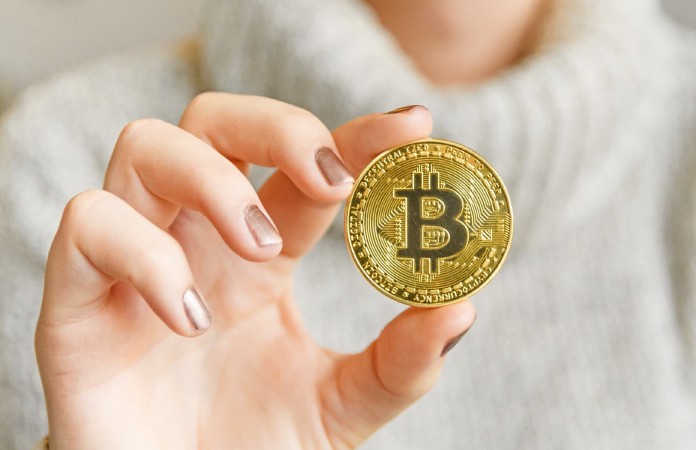Bitcoin is a digital asset and a decentralized, peer-to-peer payment network that uses cryptography to facilitate the transfer of funds. It was created in 2009 by Satoshi Nakamoto, a mysterious individual or group of individuals. Since its inception, Bitcoin has garnered a lot of attention for its potential to revolutionize the financial industry and for its volatility as an investment. We shall examine the governance, technology, and economics of Bitcoin in this post.
Economics of bitcoin
The fact that Bitcoin is a limited resource is one of its distinguishing qualities. There will only ever be 21 million bitcoins in existence, with just over 18 million in circulation as of January 2021. This is because the number of new bitcoins that are released into circulation is halved every four years through a process called “mining.” When a user initiates a transaction, it is broadcast to the network and verified by miners, who compete to solve complex mathematical problems in order to validate the transaction and add it to the blockchain. This process is known as proof of work.
Once the transaction is verified and added to the blockchain, it is recorded in the user’s Bitcoin wallet which serves as a digital ledger of all of the user’s Bitcoin transactions. The wallet also stores the private and public keys needed to access and transact with Bitcoin. Overall, the combination of Bitcoin mining and Bitcoin wallets allows for secure and efficient transactions with the cryptocurrency. The limited supply of bitcoins, combined with increasing demand, has led to an appreciation in the value of the cryptocurrency.
In the early days, bitcoins were worth just a few cents, but their value has skyrocketed over the years, with some people becoming overnight millionaires as a result. However, the value of Bitcoin is highly volatile and has been known to fluctuate wildly. This is due to a number of factors, including speculation, government regulations, and the overall state of the economy. While some people see this volatility as a risk, others see it as an opportunity to make quick profits.
Technology of bitcoin
One of the key technologies behind Bitcoin is the blockchain, which is a decentralized, distributed ledger that records all transactions on the network. The blockchain is made up of blocks that contain transaction data, and once a block is added to the chain, it cannot be altered or deleted. The blockchain is maintained by a network of users, known as nodes, who work together to validate transactions and add new blocks to the chain.
Because the blockchain is decentralized, it is not controlled by any single individual or organization, which makes it resistant to censorship and fraud.
In addition to the blockchain, Bitcoin also relies on cryptography to secure the network. Cryptography is the practice of converting information into a code that is difficult to crack, and it is used to verify the authenticity of transactions and to protect the privacy of users.
Governance of bitcoin
One of the key advantages of Bitcoin is that it is decentralized, which means that it is not controlled by any single individual or organization. This decentralization is achieved through the use of a distributed ledger, which is maintained by a network of users. However, this decentralization also means that there is no central authority to make decisions about the direction of the network. Instead, decisions are made through a process of consensus, in which users reach agreement on changes to the protocol.
One of the most significant governance issues facing the Bitcoin community is the question of scalability. As the number of transactions on the network increases, the ability of the network to process those transactions becomes strained, leading to delays and higher fees. To address this issue, the Bitcoin community has proposed a number of solutions, including the implementation of off-chain transactions and the use of alternative protocols. However, reaching consensus on these solutions has proven to be difficult, and the debate over how to scale the network continues to be a source of contention.
The future of bitcoin
It is difficult to say definitively whether Bitcoin will be the future or not. Some experts believe that Bitcoin has the potential to become a widely-accepted form of payment and could potentially replace traditional fiat currencies. Its decentralized nature and use of blockchain technology make it an attractive option for users seeking an alternative to traditional financial systems.
However, Bitcoin also faces challenges such as volatility and the lack of regulation, which may deter mainstream adoption. Additionally, the emergence of competing cryptocurrencies could potentially eclipse Bitcoin in the future. Overall, the future of Bitcoin remains uncertain, but it has already made a significant impact on the financial industry and has introduced the world to the concept of decentralized digital currencies.
